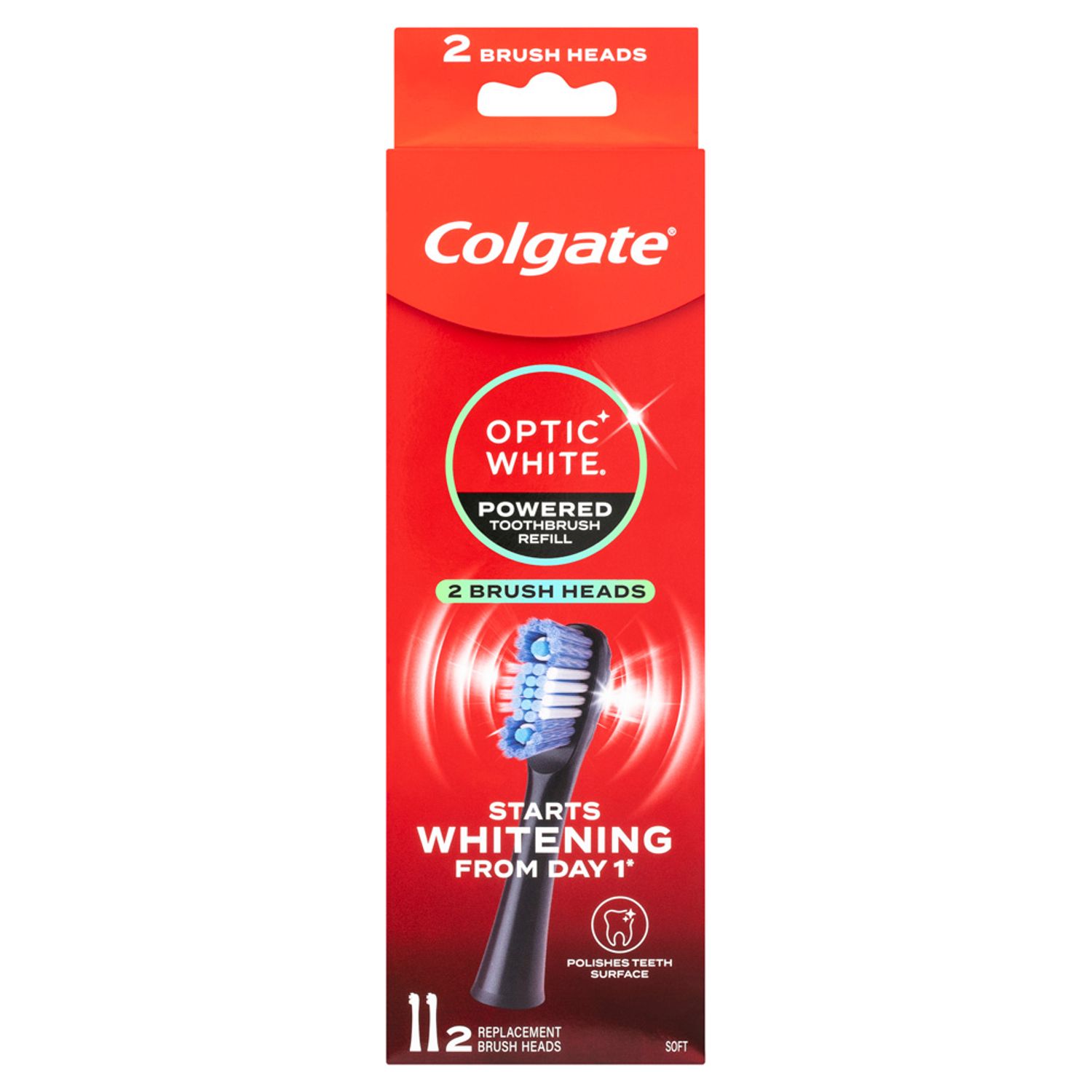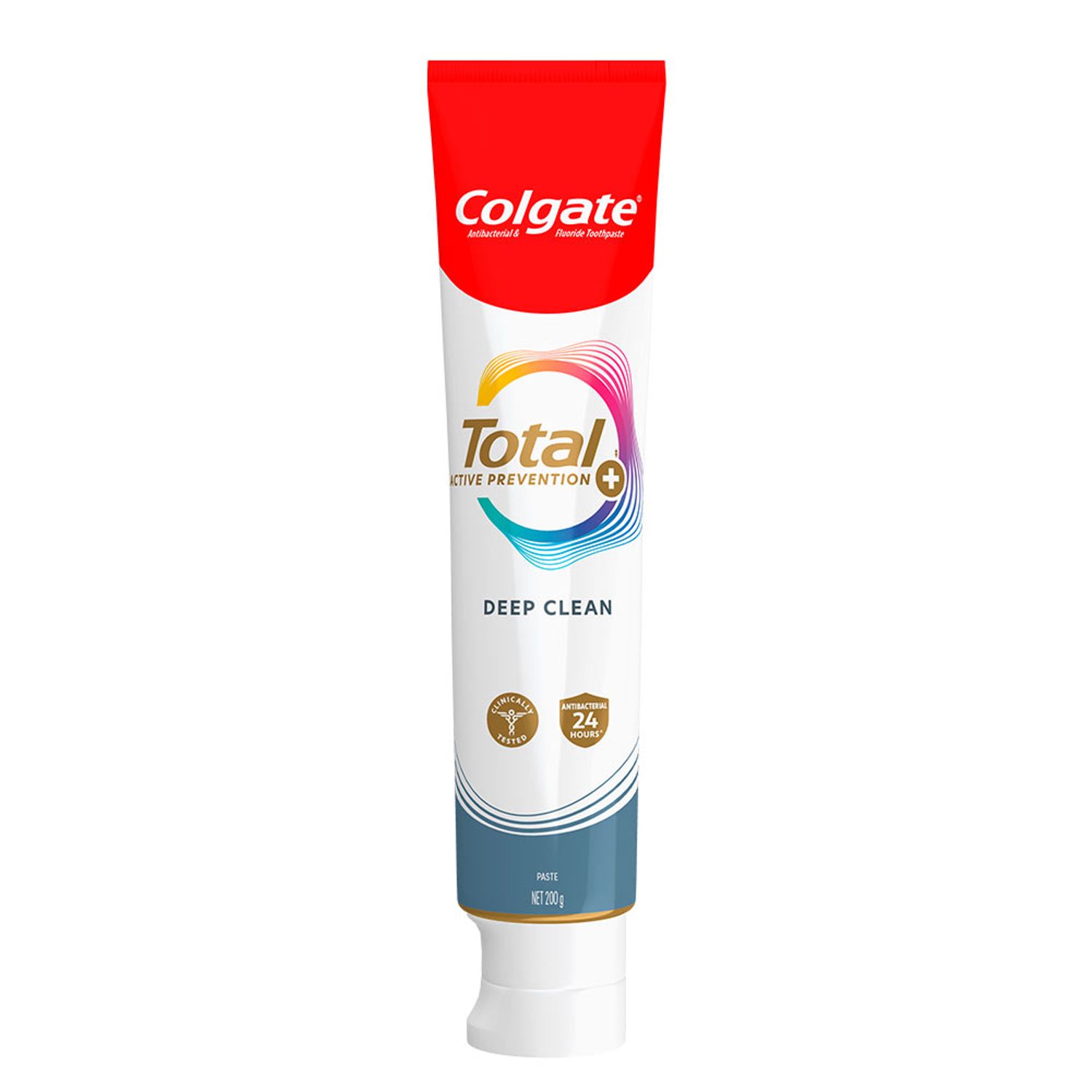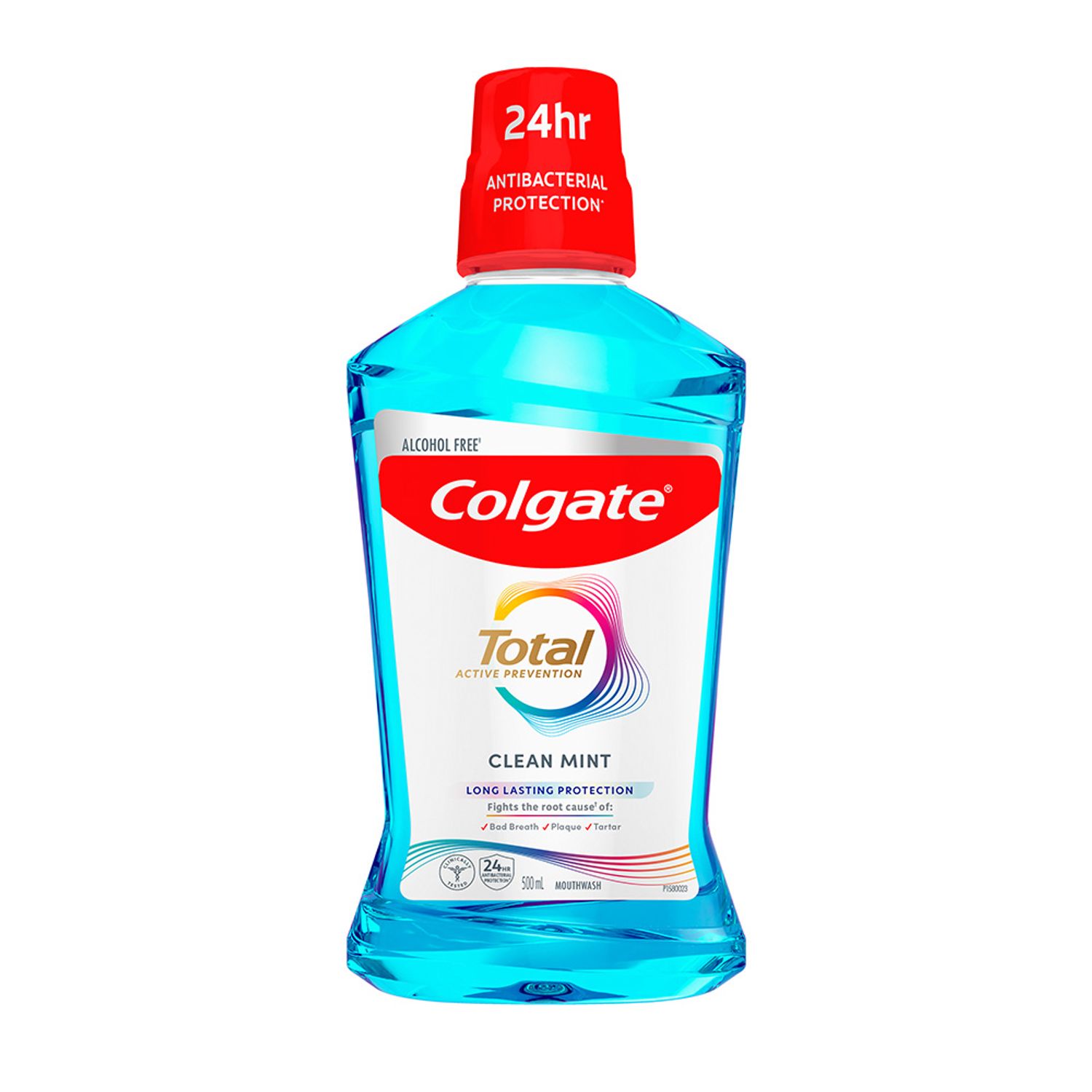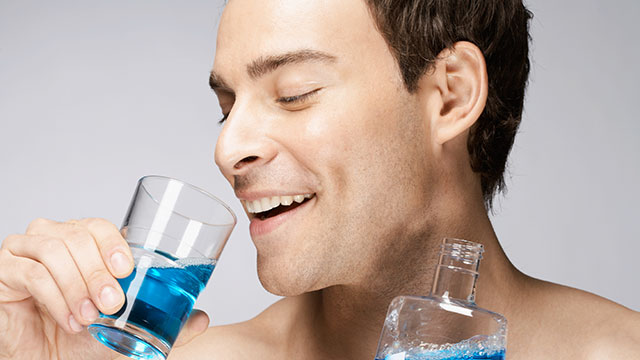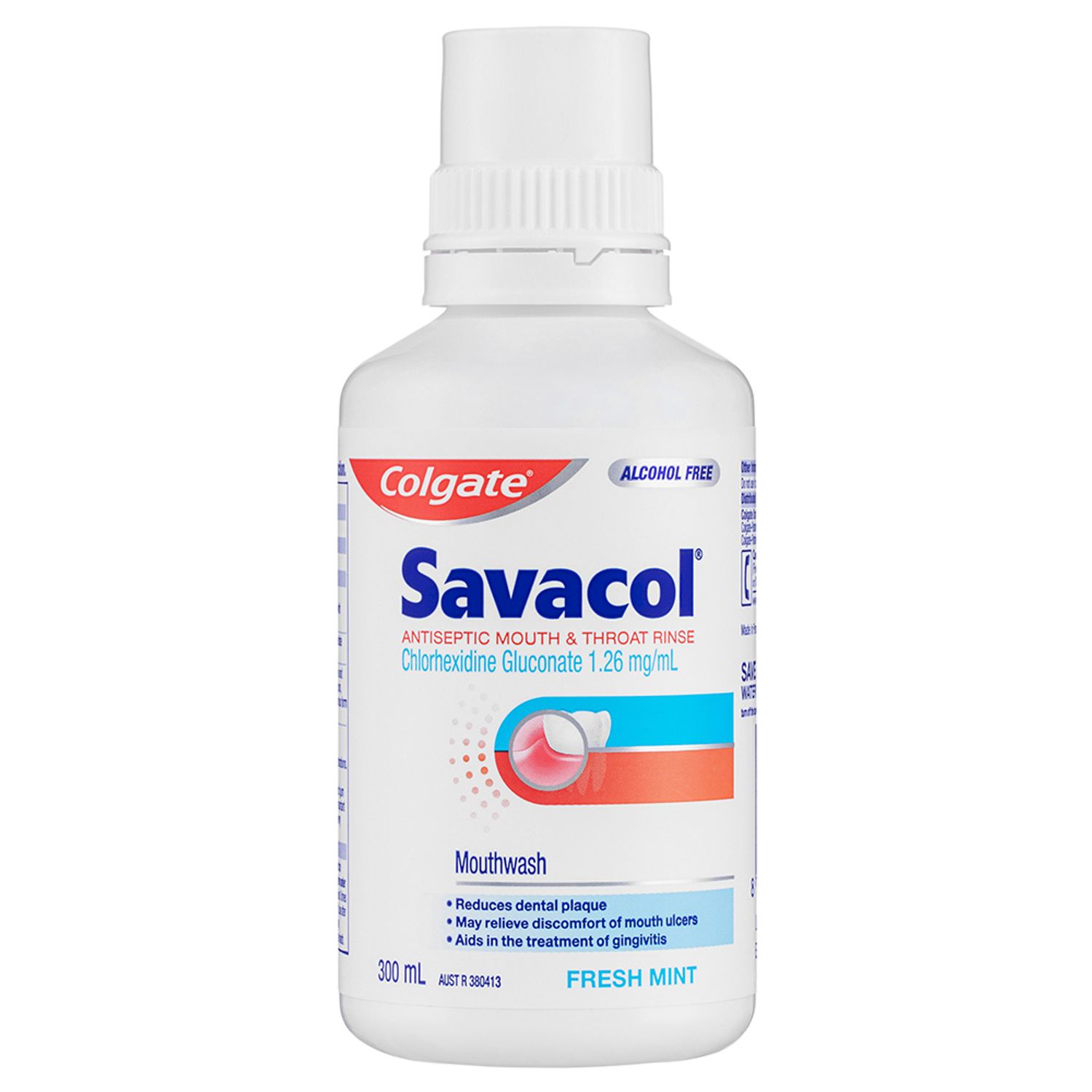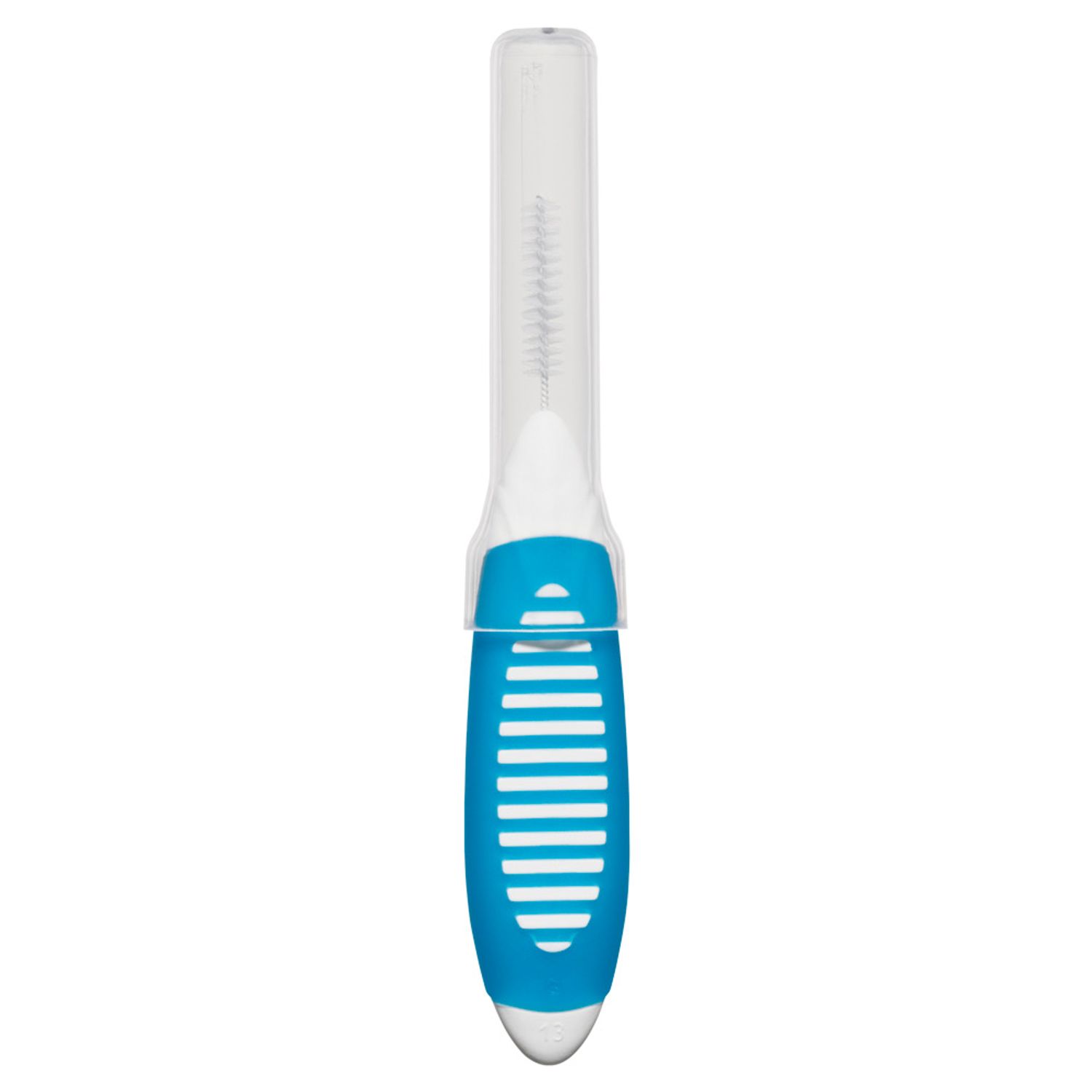-
-

BRUSHING & FLOSSING
How to BrushWhat Is the Right Way to Brush?
Proper brushing takes at least two minutes — that's right, 120 seconds!...

BRUSHING & FLOSSING
How To FlossWhat is the Right Way to Floss?
Proper flossing removes plaque and food particles in places where a toothbrush cannot easily reach... -
Science & Innovation
- Colgate® | Toothpaste, Toothbrushes & Oral Care Resources
- Oral Health
- How to Get Rid of Bad Breath
Halitosis, more commonly known as bad breath, is an embarrassing hygiene issue that nobody wants to have, but most of us get it now and then. To find out how to address bad breath, one must understand what causes it in the first place.
The mouth is filled with bacteria, and more often than not a dirty mouth is what causes bad breath. Food often gets trapped between the teeth and along the gum line, which then becomes a breeding ground for bacteria. When this area is not cleaned, bad breath occurs. Another common cause is eating food that has a strong odour, such as garlic, onions, and even alcohol. These types of food create a bad odour in your mouth, and some of them are absorbed by your body and enter the bloodstream, causing you to breathe the odours through your lungs. Occasionally, bad breath can be a sign of a serious illness, such as diabetes, liver failure or kidney disease.
Learn how to address bad breath by following these simple tips:
Ensure you have a complete oral care routine
For the best results, brush your teeth at least twice a day and floss at least once a day. This should effectively remove the food and bacteria trapped between your teeth and around the gum line. After brushing your teeth in the morning and evening, rinse with mouthwash; you can use it either before or after you floss. It is important to remember that mouthwash is an addition to a good oral hygiene routine, not a replacement for brushing and flossing.
Clean your tongue
Brushing your teeth and flossing is not usually enough. The tongue is also a breeding ground for bacteria, dead cells and food debris. Use your toothbrush to brush your tongue or use a tongue cleaner.
Hydrate often
A dry mouth happens when there is not enough saliva in the mouth. This usually happens when you sleep and wake up with "morning breath." But it can occur at any time of day. Saliva is necessary to help clean your mouth and wash away food particles. Drink a lot of water throughout the day to help stimulate saliva production.
Watch what you eat
It is easy to avoid eating foods that tend to be the main culprits of bad breath, but you must also be wary of your diet. High protein and low carbohydrate diets may be good for your health but they can cause a foul odour in your mouth. Not eating enough carbohydrates will trigger your body to burn fat instead of sugar and, therefore, cause bad breath.
Visit your dentist
If you already practice good oral care habits but still have bad breath, it might be time to see your dentist to check if your bad breath is being caused by a more serious issue.
Related Articles
This article is intended to promote understanding of and knowledge about general oral health topics. It is not intended to be a substitute for professional advice, diagnosis or treatment. Always seek the advice of your dentist or other qualified healthcare provider with any questions you may have regarding a medical condition or treatment.
Related Products

Helping dental professionals
More professionals across the world trust Colgate. Find resources, products, and information to give your patients a healthier future

